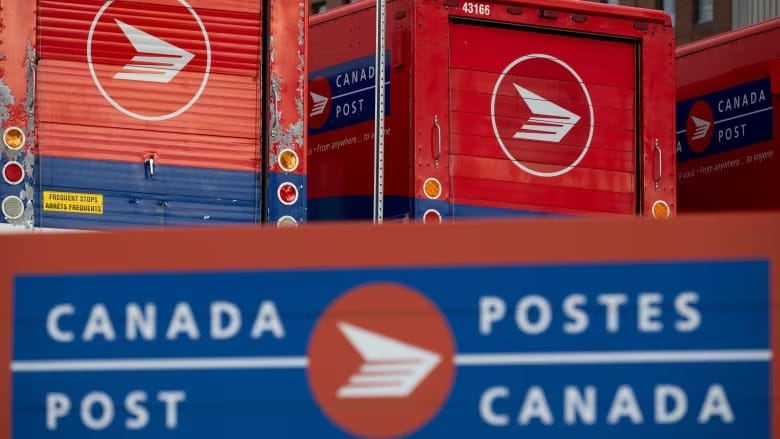CN, CPKC shut out rail workers following unsuccessful union negotiations.
"Without an agreement or binding arbitration, CN had no option but to execute a safe and orderly shutdown and initiate a lockout," CN said in its statement.

Canada’s two major railways halted the nation's freight rail network early Thursday morning after contract negotiations broke down, locking out much of their unionized workforce despite warnings from business groups and politicians about potential economic fallout.
Canadian Pacific Kansas City Railway (CPKC) and Canadian National Railway (CN) announced the lockouts in separate statements, stating that months of talks with the Teamsters union had failed to produce agreements.
"Without an agreement or binding arbitration, CN had no option but to execute a safe and orderly shutdown and initiate a lockout," CN said in its statement.
The union, representing nearly 10,000 railway workers, had been in separate negotiations with both CPKC and CN for several months. While the Teamsters had issued a strike notice at CPKC, no such notice was given to CN.
In a statement, CPKC said it was taking action to protect Canada's supply chains and prevent further uncertainty and disruption that could arise from prolonged disputes, especially during the critical fall peak shipping season. The Calgary-based railway emphasized that binding arbitration was the only "responsible" way to resolve the deadlock.
The Teamsters criticized the companies' proposals, stating that they failed to address concerns such as fatigue management and quality of life. The union argued that the railways were attempting to compensate for a labor shortage by requiring employees to work longer hours and farther from home. Meanwhile, the companies claimed they had offered higher wages and revised scheduling to allow workers more family time.
"The primary barriers to reaching an agreement remain the companies' demands, not the union's proposals," the union said in a statement following the lockouts.
Paul Boucher, president of Teamsters Canada Rail Conference, accused CN and CPKC of prioritizing profits over safety and family well-being, saying, "Throughout this process, CN and CPKC have shown a willingness to compromise rail safety and tear families apart to earn an extra buck. The railroads don’t care about farmers, small businesses, supply chains, or their own employees. Their sole focus is boosting their bottom line, even if it means jeopardizing the entire economy."
In 2023, the average CN conductor earned $121,000, while an engineer made $150,000. Comparable workers at CPKC typically earned about $10,000 less.
Both railways have significant operations in the United States, with CPKC's network also extending into Mexico. These routes remain unaffected by the shutdowns. However, both railways had already begun gradual shutdowns ahead of Thursday's action, including refusing to handle domestic or foreign cargo destined for Canada and reducing some volumes at U.S. railway companies.





